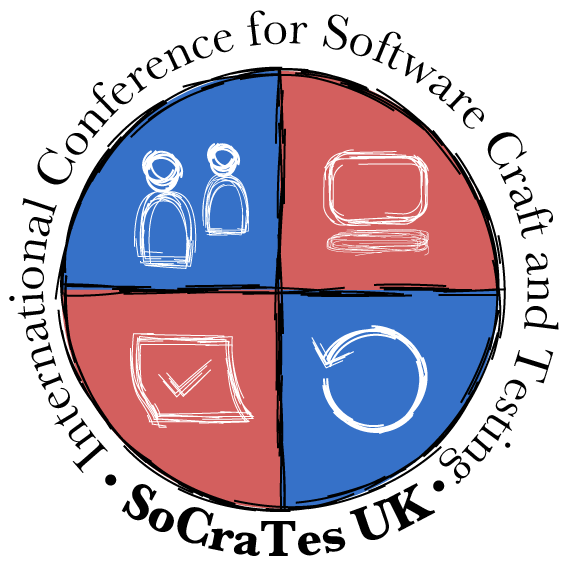
Are you new to the software industry, and want to get a head start? Have you been practicing for a while, but always thought there had to be some deeper method to it? Have you heard about test-driven development, refactoring, or connascence, and always wanted to learn more about them?
We are resuming running an optional Training Day, on the Thursday ahead of the open space (inspired by the Foundations day at SoCraTes Germany).
The Training Day will happen Thurs 18th June '26, and is intended to open up the world of crafting and testing for newcomers and allow a deep-dive into certain topics. It offers a guided introduction to the conference experience. And provides an easy way to have all the questions you will probably arrive with answered by experienced practitioners.
Unlike the rest of the conference, this day does not follow the OpenSpace Technology format. The training day includes both introductory and advanced sessions. You will be able to choose which sessions to attend, allowing you to build a program that suits your needs.
Sessions will cover foundational topics - the roots of what our community is about - taught by tenured and distinguished community members with years of practical experience. There will also be sessions that take a deeper look at these topics.
We’re currently beavering away on the precise details of the 2026 programme, but we can already confirm this outstanding lineup of internationally-recognised trainers:
To get an idea of how the day might take shape, you can have a look at the programme from the last time we ran the Training Day (in 2024).
COVID-19 still causes illness and long-term harm across the world (source).
We want to keep attendees safe, while at the same time allowing for as much familiarity and community spirit as possible.
Each measure on its own has flaws but together they offer better protection.
For this reason our policy at the conference this year will be:
We encourage you to test if possible before you start travelling. We had one person arrive with covid in 2025 and we are currently preparing a description of what we did and what we can expect from each other when that happens.
We welcome practitioners and learners at all levels at SoCraTes - because we believe that sharing, teaching and learning are equally important to the community health, and that this is a fundamental part of what makes SoCraTes the magical place it is. Training Day is intended to build bridges and make it easier to join the community, not to create an extra entry barrier.
So yes, you can join the OpenSpace whatever your level, and whether or not you have attended the Training Day.
The training day is not part of the regular SoCraTes UK programme. It requires both extra preparation - especially for the session hosts - and additional cost. As a consequence, you will have to pay a cover charge of £375 to attend.
There is an option to arrive the Wednesday evening for an extra £110 (accommodation + dinner & breakfast).